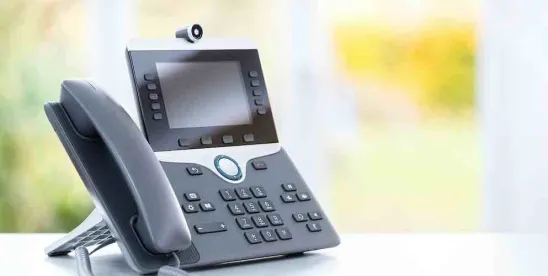Back in July, we shared that all Circuits were now aligned on Article III standing after the 11th Circuit issued their en banc decision in Drazen.
Well now, the Middle District of Florida relying on Drazen denied a Defendant’s Motion to Dismiss for lack of standing and granted Plaintiff’s Motion to file a Second Amended Complaint in Culbertson v. Pro Custom Solar LLC, 2023 WL 5749228 (22-CV-2252).
Plaintiff Culbertson alleged that he received only one pre-recorded automated message followed by several marketing calls during the following months. Defendant filed a motion to dismiss for lack of standing relying on Cordoba that Plaintiff’s allegations fall short of establishing standing. Cordoba v. DirectTV LLC, 42 F.3d 1259.
Plaintiff then sought to leave to file a Second Amended Complaint to cure the deficiencies and to add additional plaintiffs whom he alleges received multiple automated pre-recorded calls and to add new Do-Not-Call (“DNC”) claims and Florida Telephone Solicitation Act (“FTSA”) claims. Defendant objected.
In its analysis, the Court noted that the focus of the analysis in Drazen was the concreteness of the injury and the appellate court reiterated that intangible harms could satisfy Article III’s concreteness requirement. Further, the Eleventh Circuit adopted the approach followed by seven other Circuits that “have declined to consider the degree of offensiveness required to state a claim for intrusion upon seclusion at common law. Instead, they have held that receiving either one or two unwanted texts or phone calls resembles the kind of harm associated with intrusion upon seclusion.” Drazen v. Pinto, 74 F.4th 1336 (11th Cir. 2023).
And so the Court held that Plaintiff’s allegations were sufficient to confer standing.
“Although Plaintiff’s “harm is smaller in degree,” it is, like the Drazen plaintiff, not “entirely absent,” and therefore, Plaintiff has a cognizable concrete injury for purposes of standing under the TCPA.”
While the Court agreed with Defendant that Plaintiff may not add new plaintiffs to cure his standing deficiency, the Court granted Plaintiff leave to file a Second Amended Complaint because Plaintiff alleges that the amendments will address the deficiencies raised in Defendant’s motion.
So, there you have it. Again, it is not the degree of the injury but rather the kind of injury necessary to establish Article III standing. One pre-recorded automated message is sufficient to confer standing.




 />i
/>i
